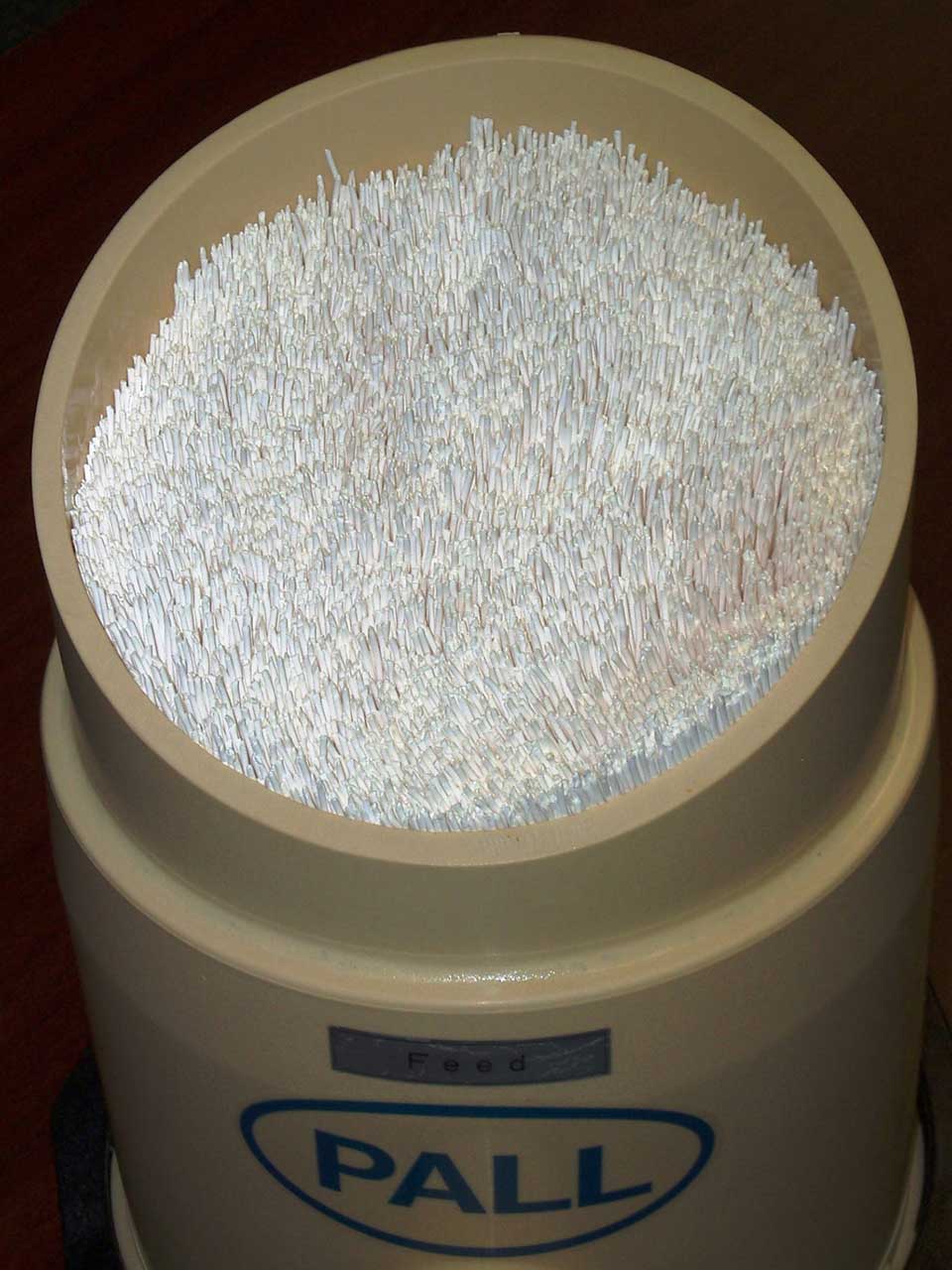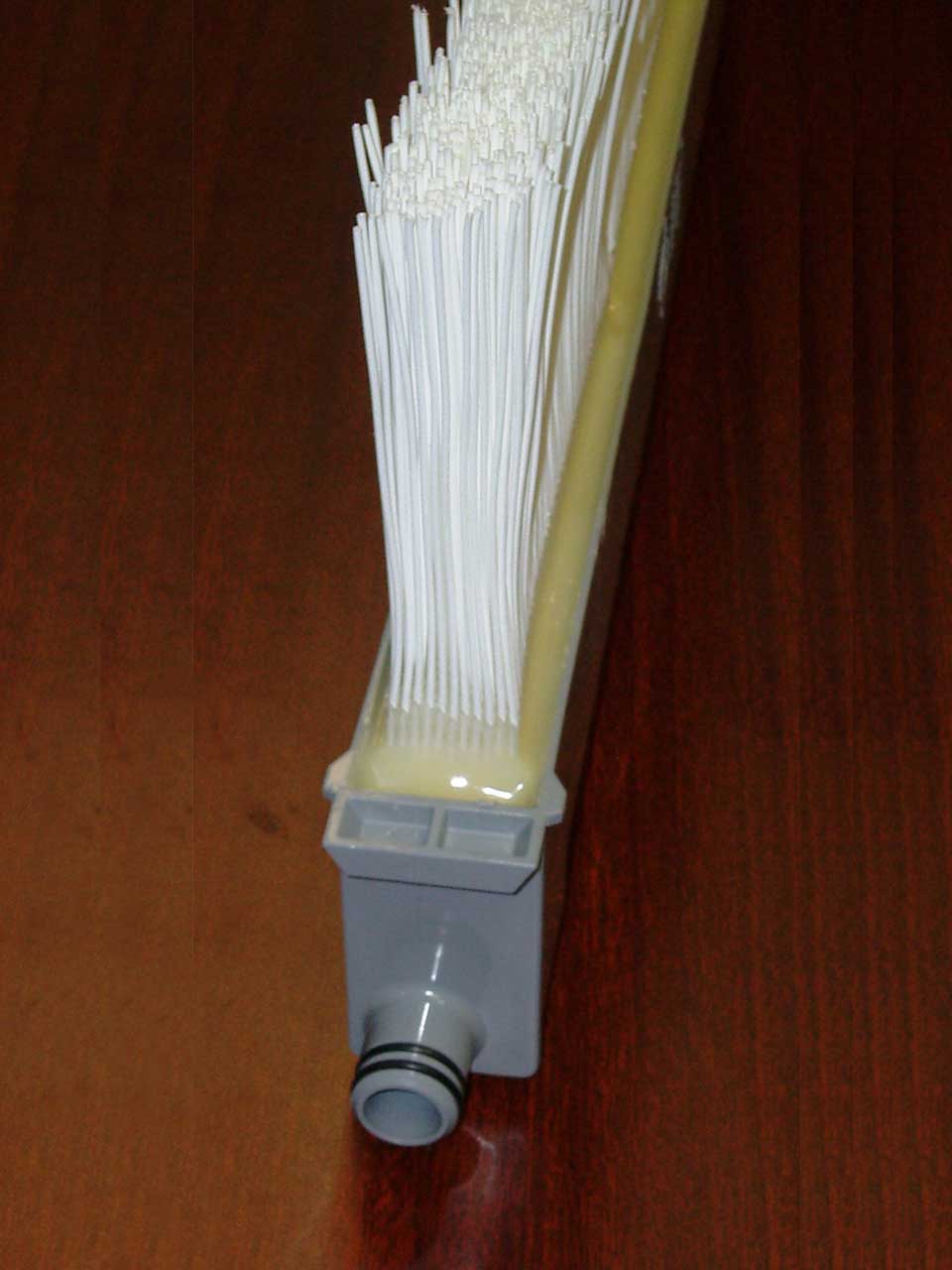
Testing Technology at the Treatment Plant
Marlene Feist, Marlene Feist, Utilities Communications Manager, No Phone Number Available
Tuesday, March 24, 2015 at 4:31 p.m.

When you're planning to spend about $100 million on a project, you have to get it right!
That's why the City of Spokane is testing two membrane wastewater treatment systems at its Riverside Park Water Reclamation Facility. The City's engineers want to determine which one will get results most efficiently and effectively. They also want to know how the systems perform under different conditions and what kind of maintenance they will require.
Two firms, General Electric and Pall Microfiltration Systems, were selected to set up their membrane systems at the City's plant for this pilot testing. The companies' two systems are quite different—the first uses open tanks, while the second uses enclosed canisters. The testing began this winter and will continue into the fall.
It's all part of a major upgrade at the plant, commonly known as the Next Level of Treatment. The upgrade will vastly improve the quality of the effluent that is released to the Spokane River. Construction is set to begin in 2016 or 2017.
The upgrade will increase the removal of phosphorus from the effluent to more than 99 percent, up from 90 percent today. Phosphorus has been associated with low oxygen levels and algae blooms in Lake Spokane that can harm aquatic life. The system also will remove greater amounts of heavy metals, PCBs, and other pollutants.
Ultimately, this project is part of the City's efforts to improve the health of the Spokane River. In addition to this upgrade to the treatment plant, the City's Integrated Clean Water Plan details work to reduce overflows from combined sanitary and stormwater sewers and reduce the amount of stormwater reaching the river from separated storm sewers.
More About...
- Integrated Clean Water Plan
- Membrance
- Next Level of Treatment
- NLT
- Riverside Park Water Reclamation Facility
- Treatment Plant
- Wastewater


